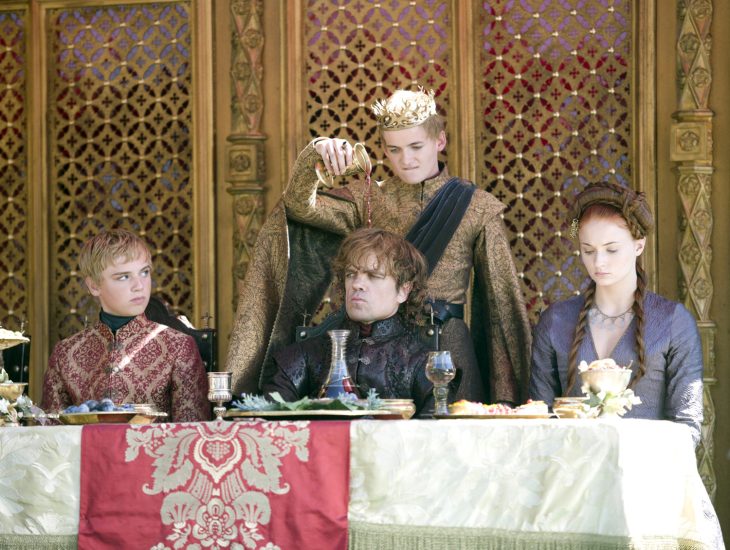I posted that (the subject header) to as a rather random, off-the-cuff comment to a Facebook thread started by my friend Craig Havighurst in response to his posting of the most recent screed from yet another singer-songwhiner about how the Internet is making paupers of his particular profession.
In the comments, I said,
I just re-read that headline, “…Songwriters Are Getting Screwed…” Well, excuse me, but why do songwriters think they’re some uniquely aggrieved class? We are ALL getting screwed, if learning to cope with a New Reality is your definition of getting screwed. And by “all,” I mean all of us, for example, who supply content – as we are doing right here – for the digital oligarchs. We are supplying the content and Facebook is getting the money. How is that not also getting “screwed?” Oh, this should be fun…
And then I realized that my comments were in fact stimulated by something I’d just read (heard, really, since I’m listening to the audiobook) in Jaron Lanier’s book, “Who Owns The Future” (which, credit where it is due, I am reading in part because Craig mentioned it to me last week):
The information economy that we are currently building doesn’t really embrace capitalism, but rather a new form of feudalism.
Full stop.
That would seem to explain a lot of things going on in my own life right now: from this obsession with medieval ruins to my devotion over the past couple of months to all things “Game of Thrones.”
It has been said often that when contemporary popular culture sets out to portray other periods in history, the narrative conveyed is more about the period in which the content is created and consumed than it is about the period being portrayed.
If that’s the case, then what on earth does a brutal, medieval fantasy like “Game of Thrones” tell us about the (evolving) digital world we’re living in now?
Could it be anything as simple as: “The new world is not a capitalist democracy, like we’re led to believe in our daily media/news stream; it’s a feudal oligarchy, in which we are all vassals and peasants.”
Consider: we all create content on a regular, fast and furious basis for sites like Facebook, Twitter, Pinterest, and Tumblr.” But as Lanier opines, all the value that is created in these enterprises rises to the owners of the “siren servers.”
How is this not like peasants working the land for Starks or the Lannisters? The nobles own the land, and we toil in the fields to create the wealth that maintains their estates, and they in turn promise to protect us by continuing to provide the service.
At the risk of violating every copyright law known to man and The Seven Gods (to say nothing of the God of Light…), I have taken the liberty of purloining an entire chapter from Jaron Lanier’s book to illustrate the point. Follow this link to read the chapter, which imagines what the End License User Agreement (EULA) might be like for a child opening a lemonade stand with “Streetbook” – an road-operating company that sounds a lot like an app store.
Follow the link, listen to the reasoning, and then tell me if this doesn’t sound downright “feudal”…
SECOND INTERLUDE (A PARODY)
If Life Gives You EULAs, Make Lemonade
Funny to look back on it now, but I think Monty Python knew what was coming like 40 years ago…










